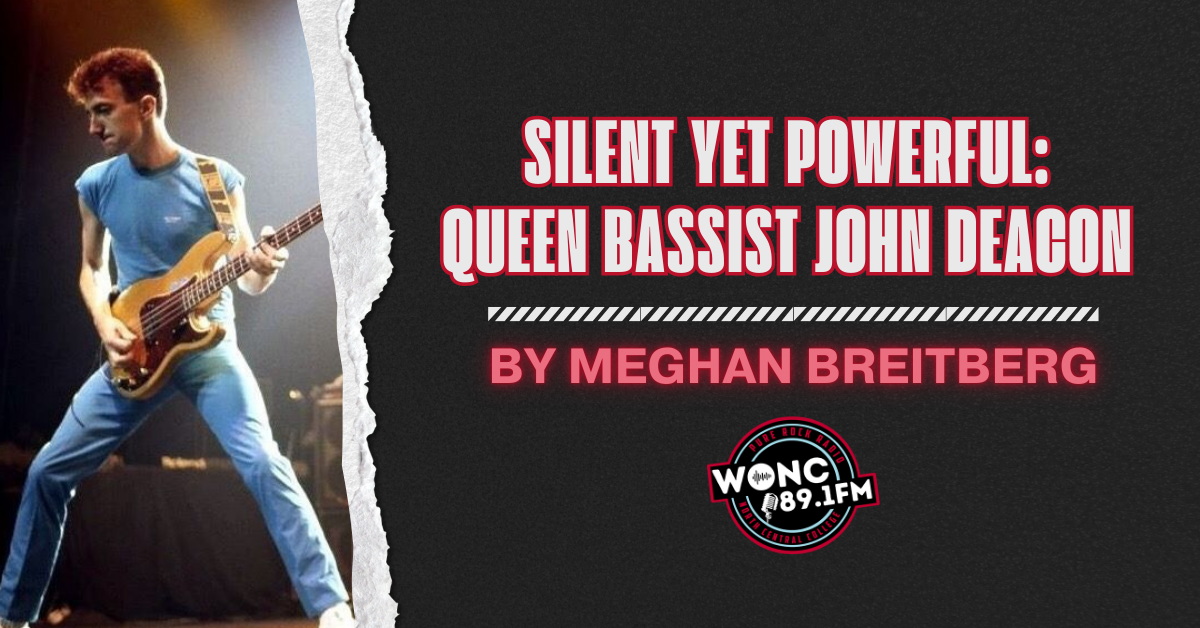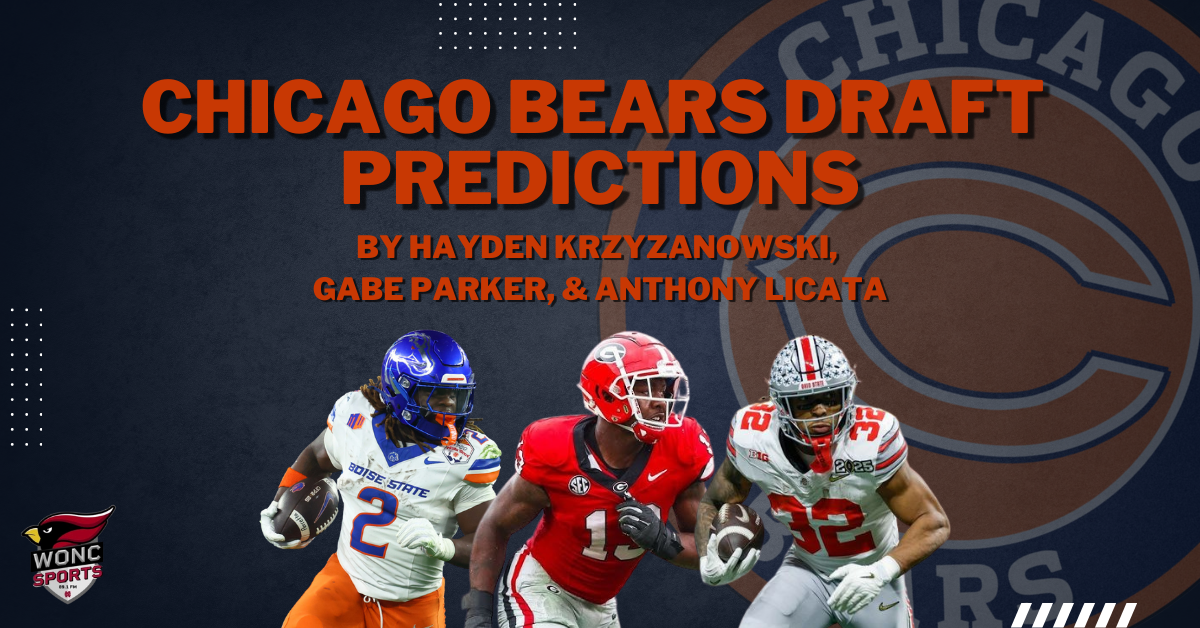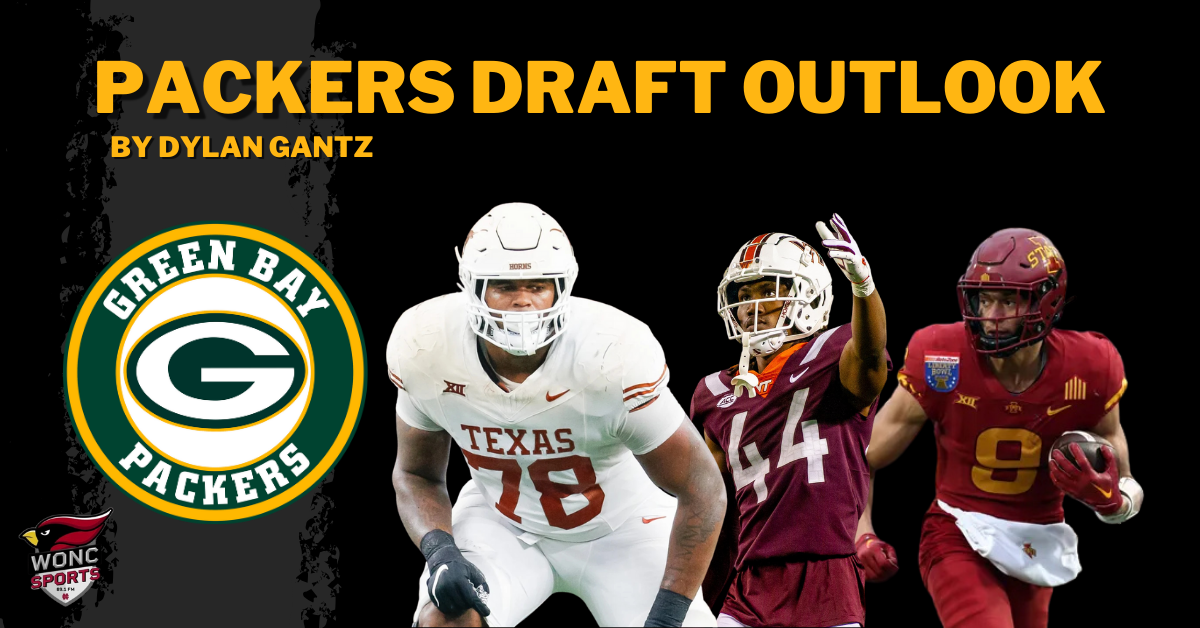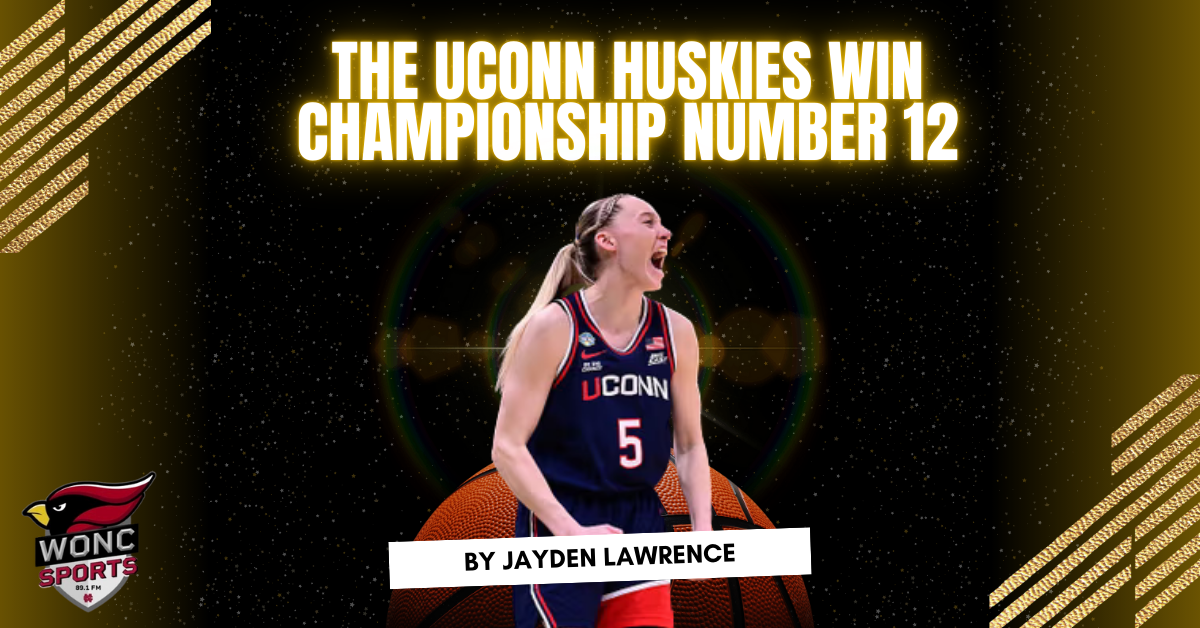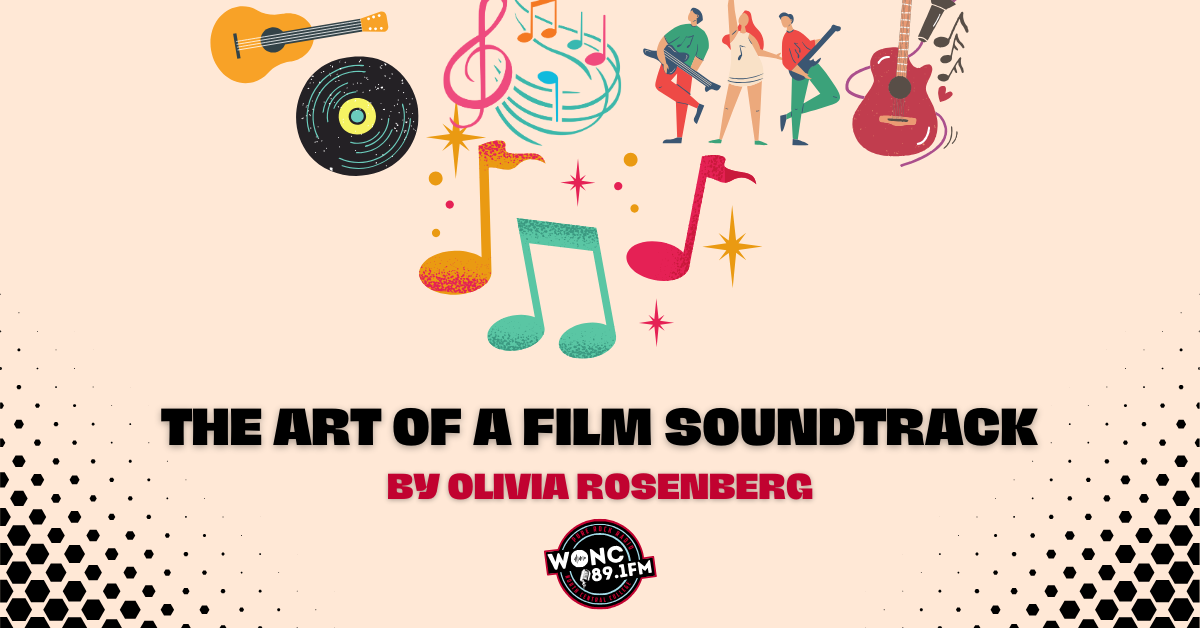by Evan Bruner
The role of a superstar in the NBA has undergone a seismic shift in recent years. A league that was once defined by stability with stars such as Tim Duncan, Kobe Bryant, and Dirk Nowitzki all playing out legendary careers with a single franchise has now taken a complete 180. Players are no longer bound to their franchise and can demand trades at a moment’s notice. These players act as their own entities rather than a part of a franchise.
Few players illustrate this movement better than Kyrie Irving. Irving has become the epitome of individualism in the modern NBA. He unapologetically marches to the beat of his own drum, no matter how loud or disruptive that drum might be.
On the court, Irving is a wizard with jaw-dropping handles and acrobatic finishes. He’s a savant. A true one-of-one talent. But for as many headlines as Irving has garnered over the years for his all-star level play, he’s become equally known for his off-court antics. These stories include, but are not limited to, promoting anti-Semitic conspiracy theories, violating COVID protocols to attend a birthday party, and just choosing not to show up to games.
This baggage has made Irving one of the most polarizing figures in all of sports. On one side of the fence, there’s a remarkable talent that rivals some of the greatest to ever play the game. But on the other side lies a player whose commitment to both his team and the game of basketball have been put in question.
With the Brooklyn Nets trading Irving to the Dallas Mavericks earlier this week, Irving finds himself in a new home, yet a position that feels all too familiar. A new team has taken him under their wing in hopes of providing an elite player with a situation that will finally satisfy him.
On paper, the tandem of Luka Doncic and Irving is quite enticing. Though both players primarily play on-ball, Doncic has the playmaking and offensive versatility to allow a score-first guard like Irving to thrive. Some of Irving’s best moments came alongside LeBron James, and Doncic’s offensive arsenal is as close to James as anyone in basketball.
Irving still has an elite counterpart but has a fresh start with a new franchise and a fanbase that desperately wants another all-star caliber player. However, it would be disingenuous to only discuss the basketball aspect of this move. The biggest mistake teams have made with Kyrie Irving over the years has been convincing themselves they can change him.
Every time there’s been a significant change to Irving’s situation, it’s been framed as a positive. When LeBron James rejoined Cleveland in the 2014 offseason, it was supposed to strengthen Irving’s relationship with the team, as he now had a mentor and someone to take pressure off him. But within three years, Irving had grown sick of playing in The King’s shadow and wanted his own team to lead.
So, once he was traded to Boston, it seemed that he finally had what he wanted, only to abandon the team two years later. When Irving signed with the Nets in the 2019 offseason, he stressed the importance of having a teammate like Durant, who not only was a formidable running mate on the court, but a close confidant off it. But when Irving got tired of Brooklyn, he had no problem leaving. The longer this trend has persisted, the harder it’s become to ignore the common denominator.
The best approach to take regarding Irving is accepting what he is. He’s self-centered, hard to work with, and incredibly stubborn. He’s also one of the most talented point guards of all time. If a team deems that Irving’s talent outweighs the concerns, there’s no problem with pulling the trigger for him.
However, it’s key that team stays realistic. In the last six years, Irving has essentially given up on three different teams. It’s hard to rule out it happening again. Irving will likely stay engaged for the remainder of this season and probably even through the next. But Irving has had trouble staying committed for much longer than that, and it would be naive for Dallas to just assume things will go differently this time.
In short, acquiring Irving should be seen as a short-term investment rather than a long-term solution. Irving is an immediate upgrade and point guard and will be the best player Doncic has played with in his career. This dramatically improves Dallas’ short-term outlook. Beyond that, it’s hard to really know what this move means in the bigger picture. Irving will turn 31 this March, and it’s no secret he’s had trouble staying put. Further, Irving is set to hit unrestricted free agency this summer, leaving further uncertainty about his future with the Mavericks.
Basketball is a game of risks, and the Mavericks knew they were taking one when they traded for Irving. For as controversial as this move is, its overall implications are unknown and will be for some time.

